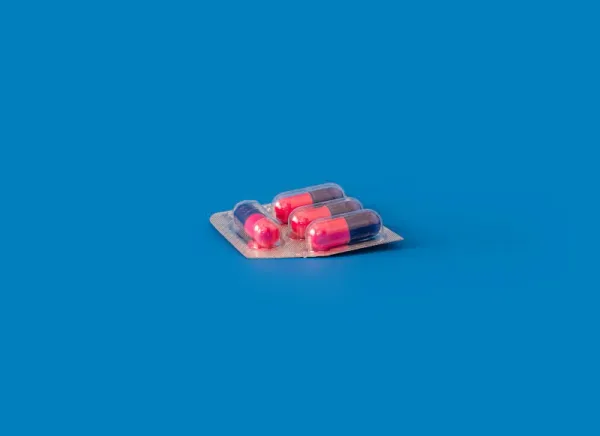Eli Lilly brands GLP1s as "anti-hedonics"
Eli Lilly leans into the use of GLP1s for reducing addictive behavior, labeling them "anti-hedonics"
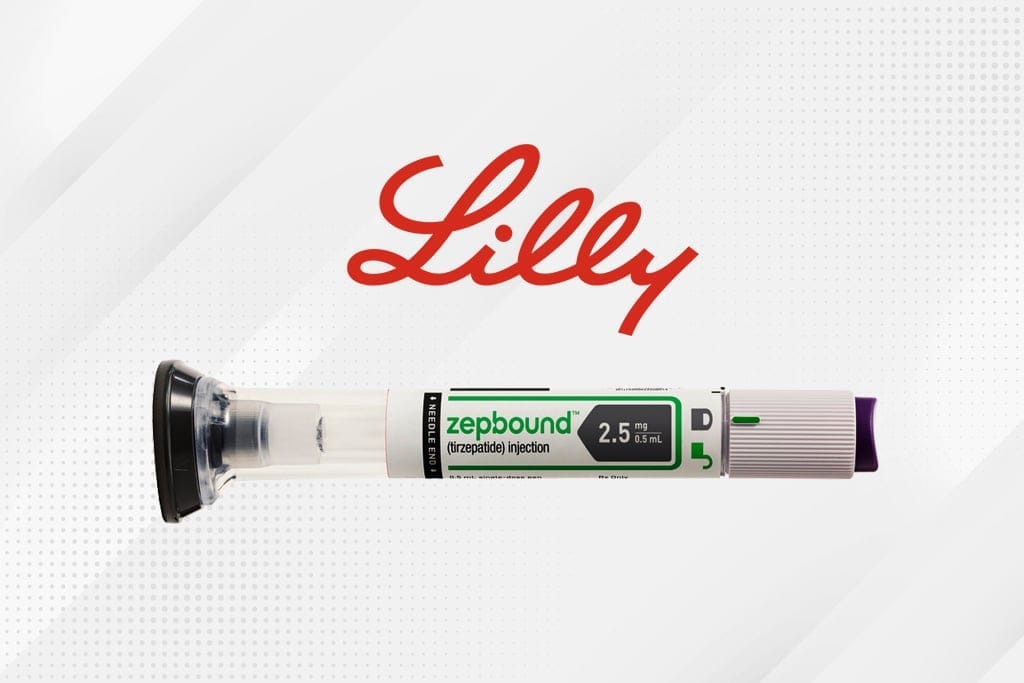
With the recent attention around GLP1s for weight loss (rather than type 2 diabetes treatment), reports of decreased urges to do things like smoke tobacco or drink alcohol has been increasingly anecdotally reported.
While there aren't many direct trials or studies to support the thesis yet, there's clear indication that what GLP1 does in the brain may lead to reduced efficacy of reward pathways for some of the most addictive behaviors that humans deal with today.
Check out our quick explainer
Could Ozempic, Wegovy, Mounjaro, Zepbound and similar drugs not only help with weight loss but also with quitting smoking or drinking? Eli Lilly CEO David Ricks thinks so, enough to set a course for his company.
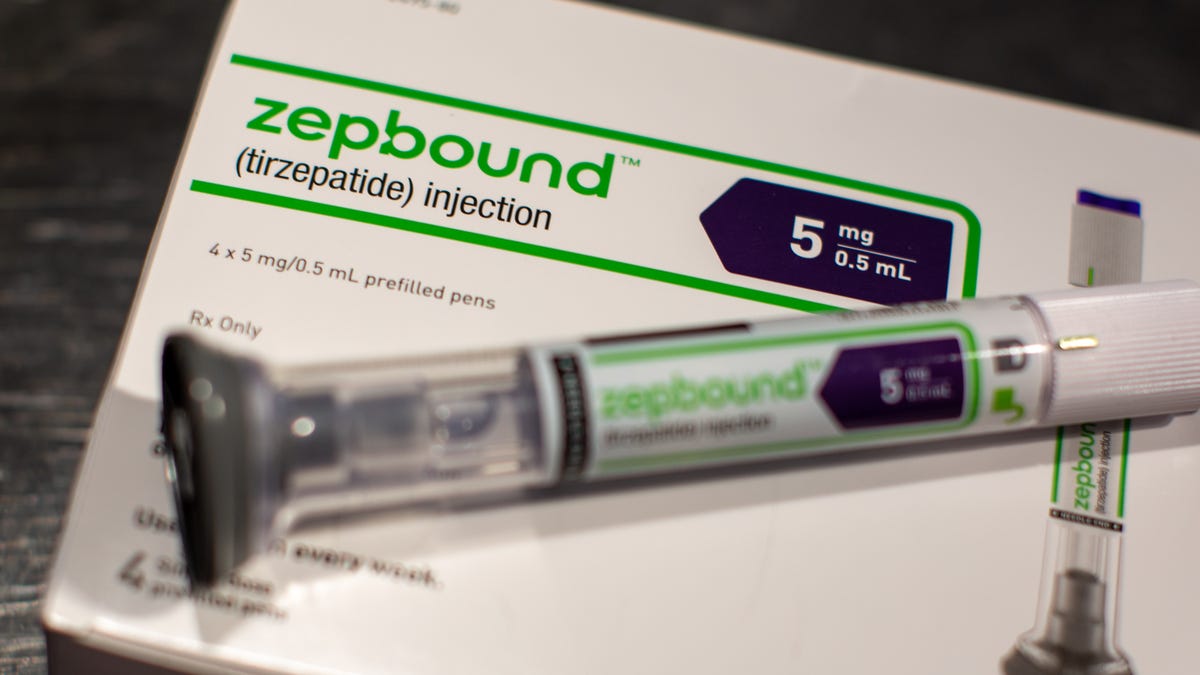
GLP1s may be primarily brain drugs
Early on most people focused on the effects of GLP1 on the body, with a focus on delayed gastric emptying (slower emptying of the gut) for how GLP1 treatments could produce the results that they were producing.
Later on research and consensus shifted towards GLP1 being most effective as a brain drug – the effects of GLP1 on receptors in the brain was clearly driving much of the weight loss. Anecdotally many noted the lack of "food noise" when taking GLP1s.
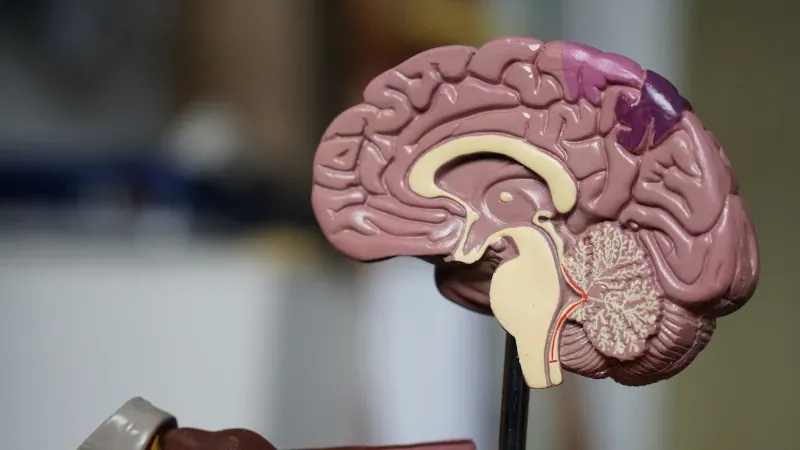
This sets the stage for the effects that we're seeing on other addictive behaviors – if GLP1 Receptor Agonists are primarily effective as brain-altering drugs, it is more than possible that the mechanism of GLP1 could affect other behaviors.
Investigations into GLP1s as a counter to addictive behavior
Reports of GLP1's effect on addictive behavior have surfaced before:

Some prominent research that addresses the possibility have been published:


GLP1s also proved to have some effect on substance abuse, though this was primarily through analysis rather than a trial:

Eli Lilly's new stance isn't new
While this information has been simmering in the background for months to years, Eli Lilly's new CEO has recently made a bold statement regarding GLP1s – widening their classification with the term "anti-hedonics".

While of course this isn't an official classification by any means, it signals a shift in Eli Lilly's stance and approach to using GLP1s – focusing now on attacking other unwanted addictions.
Eli Lilly walked back the statement just slightly via email:
“Lilly continues to evaluate future development options for its medicines but has not announced development plans for the potential use of GLP-1s for additional indications at this point in time,” a Lilly spokesperson told Quartz in an emailed statement.
That said, it is obvious that Eli Lilly will be one of the first to start researching this area, as reported by QZ:
While these retrospective analyses show promise, Eli Lilly will be the first pharmaceutical company to conduct clinical trials specifically focused on addiction treatment. The company’s planned studies of obesity medications for alcohol and drug addiction, set to begin next year, mark a significant shift from the current research landscape.
Of course, Eli Lilly being a massive corporation has been looking into this avenue for a while – they announced back in 2023 that they were starting to look into the possibility of GLP1s for other addictive behaviors:
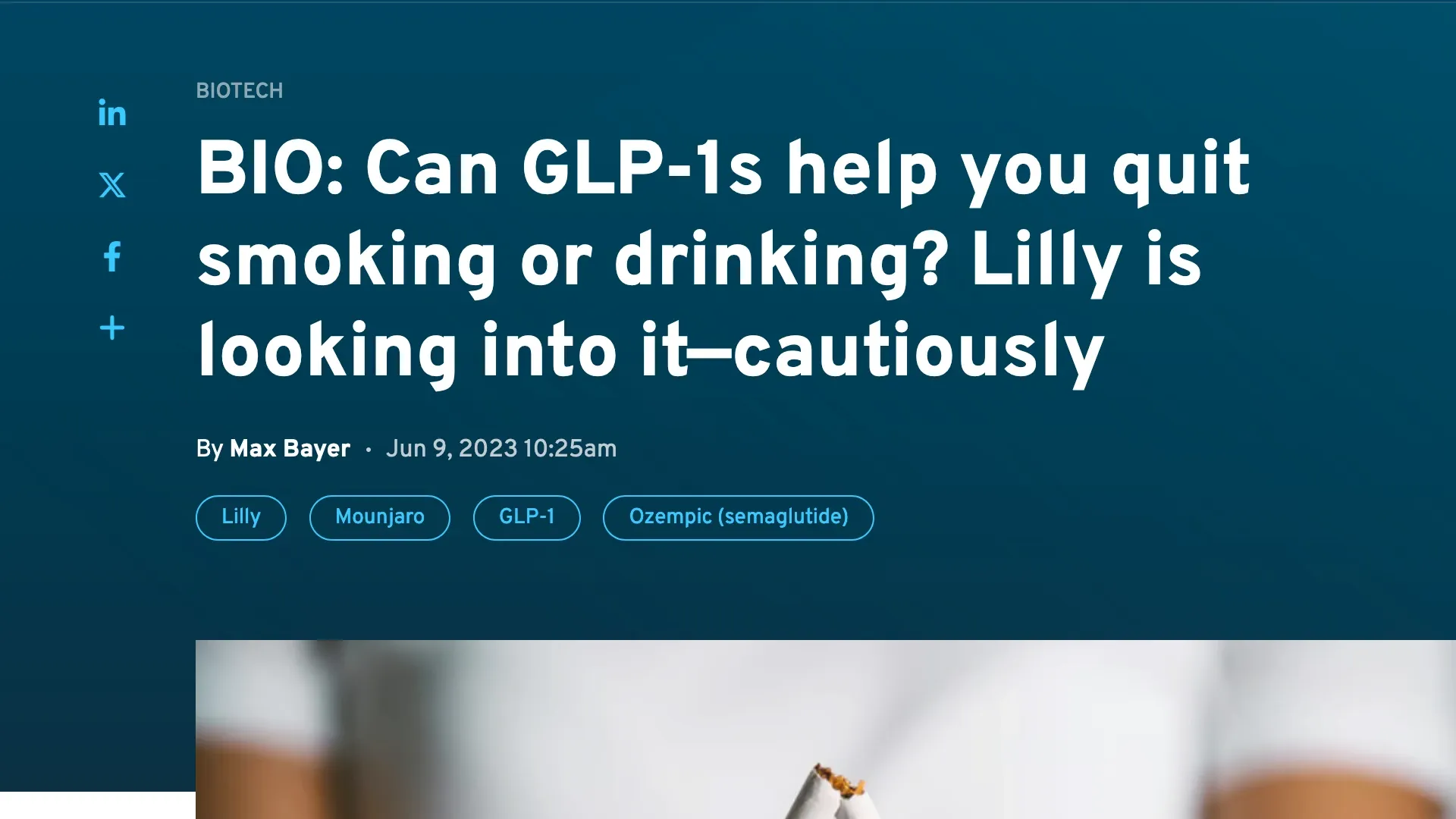
Marked change for insurance coverage?
One important knock-on effect of GLP1 drugs becoming useful in reducing addictions is the likelihood of insurance coverage for the drugs in the future.
If GLP1 drugs can be proven useful for even more medical use cases, the likelihood that large insurers are forced to cover and purchase the drug will likely lead to increased profits for companies like Novo Nordisk and Eli Lilly, but in the long term fiercer competition and likely lower prices for the average consumer.







